Everyone wants to give their kids a learning environment so that they concentrate properly and effectively towards their studies and excel in their life.
Whether it’s providing them with silent environment or room as per their needs or painting and decorating it according to learning pattern like adding table or words which they can grab and learn instead of decorating it with their favourite cartoon characters like cocomelon, dragonflies, noddy, Oswald, tom and jerry, princess etc.
So, here comes the special room environment which is very much prevalent in India especially in Hindu culture that is “vastu shastra” which is belief running since ancient Indian architectural disciplines, which includes actual placing of certain items like study table, bag, sitting and leaning positing and even excluding and including certain things into the room for increasing productivity, improving focus towards studies, building memory and love towards study.
It is believed that it actually influences the flow of energy towards kids. So, in today’s article we will learn about certain things and vastu principles which are followed by many people in the placement of study tables which helps in creating pleasant-sounding and favourable environments or we can say that room for bringing upsurge in academic performances by our children and helps them in studying with heart.
So, let’s explore about vastu principles:
What is Vastu Shastra?
As mentioned earlier, this shastra known as “vastu shastra” in an old Indian architectural belief of placing study tables and certain items in the study room helps in increasing positive energy flow toward kids for studying with heart and improving their academic’s score.

It basically helps in building synchronized relations between children and surroundings. The vastu shastra describes the principles of architecture about designing, measurements, layout, space arrangement, and spatial geometry.
They even help us in ground preparation. The basic principle includes harmonizing nature with architecture, and explaining functions and importance of structure as per ancient beliefs by using yantra and directional alignments.
It also explains alignment of the books placed which creates an area peacefully and knowledge enhancer.
You may also read: Vastu for Kids Room
Placing of the study room
As per vastu shastra beliefs, the study room should be placed in either the North east/ east or west side of the house.
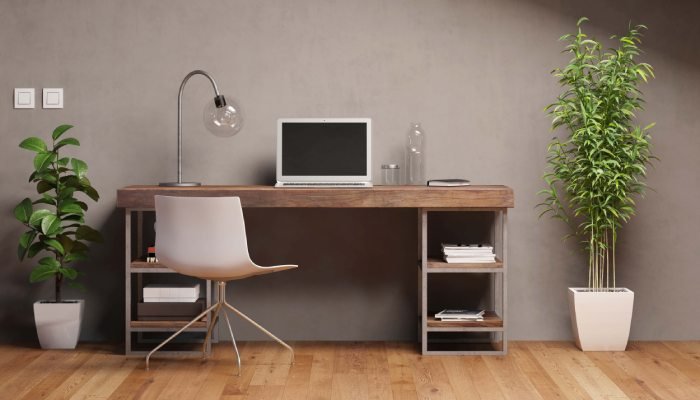
It is believed that it helps in enhancing or stimulating or motivating or thought-provoking the mind, improving attention thereby increasing academic performance.
May you should also read: Vastu direction for wardrobe
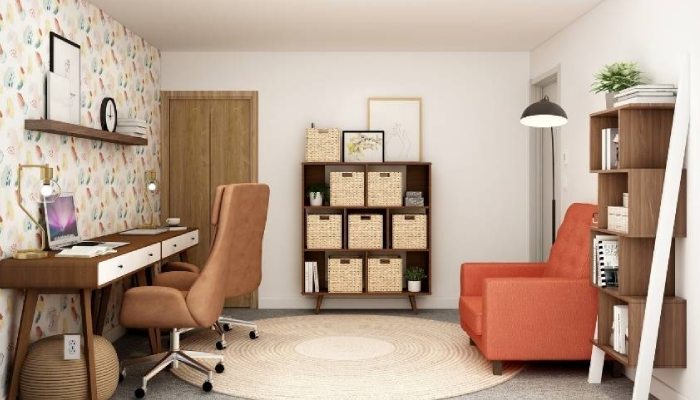
This creates a peaceful environment that means a silent environment which helps the mind to relax and come up with energy while studying instead keeping the mind involved in non-usable stuff while learning, ultimately promoting attention and productivity. So, one should be aware about vastu shastra concepts.
Also know about: Vastu for home
Direction of student sitting
As per the principles of Vastu shastra, the kid studying should face towards East/north that is towards sunshine working as beneficial for grasping knowledge.
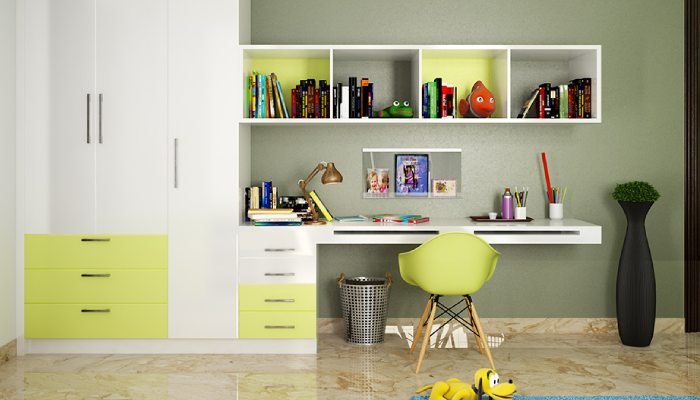
Also read about: Vastu for dining room
So, this sunshine facing learning in early morning helps in learning the skills of sunshine and that are vigour, wisdom, and fresh beginnings while leaving behind failures and also learning from them.
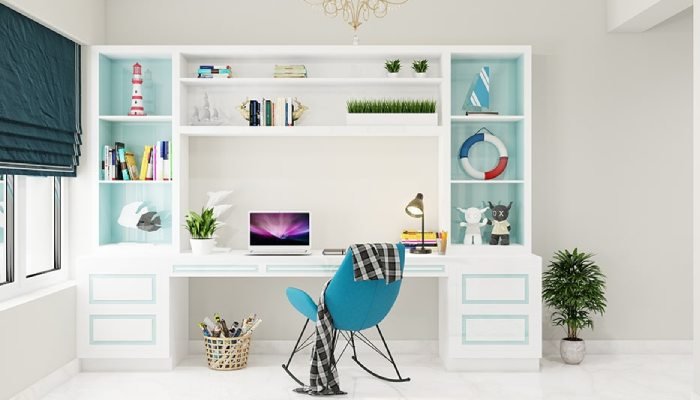
The one important point to be considered is that the beam of light should never run above your head while studying as it creates a negative mindset and removes focus from important points.
Here you can consider: Vastu for Drumstick Plant
Other points to be considered
There are many other factors to be considered while thinking about your study room. The most important point is to avoid adding toilets in the study room, but bathrooms can be added for baths.
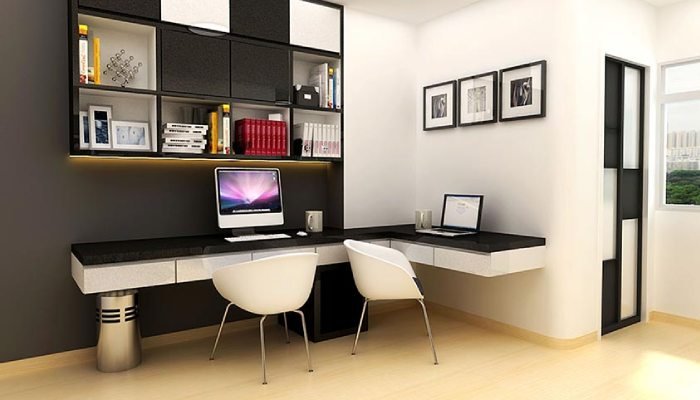
Next comes up, the room should be well lit up while studying and should not face towards either of the blank wall or mirror while studying as it is not considered of positive energy while studying according to shastra.
Talking about colouring of rooms walls, light or beige colours should be preferred to enhancing great learning power.
One might also think of adding table lamps for late night study or during power cuts, so add this table lamp at the southeast side of the room.
Try buying a rectangle or square shaped table with bookshelves at the bottom of the table. To enhance learning power, add a picture of learning goddess “Lord Saraswati” or Lord Ganesha.
Now is the turn of planning windows, to consider windows in study rooms, prefer smaller windows on the western side and larger windows on the eastern side.
You can add a pyramid in your room near and place it near the study table to channelize the remembering power.
Consider reading:
- Vastu for Study Room | Vastu Shastra Tips for Study Room
- Must-Have Study Room Furniture
- Trendy Wooden Study Table Designs for A Productive Study-Time


